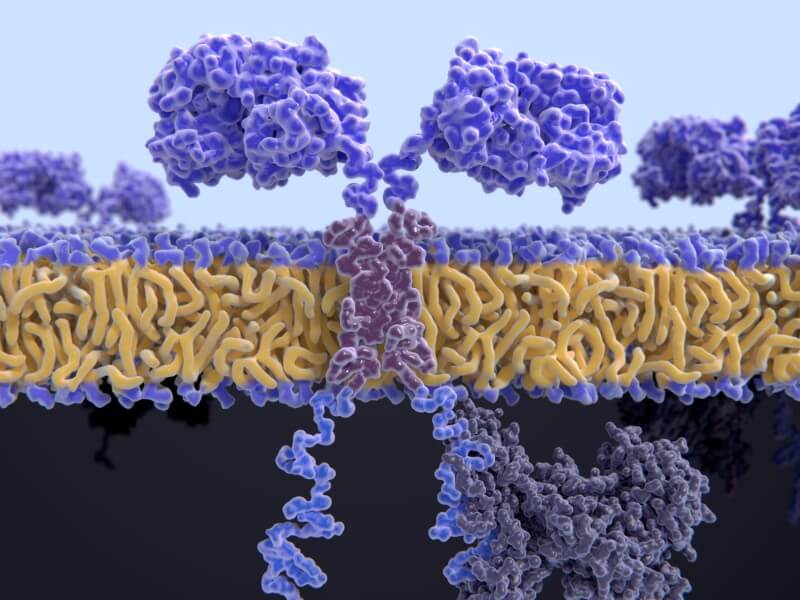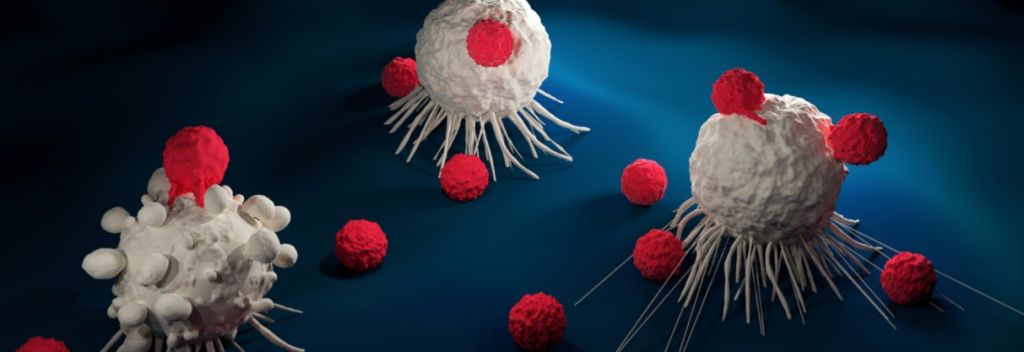Newsletter Signup - Under Article / In Page
"*" indicates required fields
Data presented at ASH 2017 shows that Servier and Pfizer’s UCART19, an allogeneic CAR-T therapy originally developed by Cellectis, might struggle to outperform autologous CAR-T cells.
CAR-T cell therapy has proved to be effective at treating cancer in patients for whom scarce hope was left. Yet pricing is still a big concern. Companies like Cellectis are trying to address this issue by developing off-the-shelf, or allogeneic CAR-T cells that can be sourced from a donor instead of from the patients themselves.
However, this year is proving challenging for Cellectis’ allogeneic CAR-T cells. After the FDA halted a clinical trial in September — which was resumed two months later — following a patient’s death, a second off-the-shelf CAR-T therapy developed by Cellectis, this one licensed to Servier and Pfizer, has yielded preliminary results that might not seem as extremely promising as initially expected.
In the PALL Phase I trial, five children with B-cell acute lymphoblastic leukemia (B-ALL), heavily pretreated, were infused with UCART19. All had gone into complete remission after 28 days. Two of them remain in complete remission, but the other three died, two because of cancer relapse and another due to transplant complications. This data was presented at the ASH 2017 annual meeting, a key event for all oncology players, and reported by biotech analyst Adam Feuerstein. However, the press release sent by Cellectis a few days later does not mention these deaths.
In that release, Cellectis also reported data from a second Phase I trial called CALM, testing the therapy in adults. Five out of seven patients enrolled showed complete remission after 28 days, and one of them died at day 15 due to cytokine release syndrome, a side effect common to CAR-T therapy. Together, both trials showed an 83% rate of complete remission across children and adults. Curiously, that is the exact same number that Novartis reported when applying for FDA approval for Kymriah, the first CAR-T therapy on the market.

Before being out-licensed to Servier and Pfizer, UCART19 had been administered to two babies with leukemia as part of a compassionate care scheme. Both children were cured, setting huge expectations for the therapy. Back then, Cellectis’ CEO André Choulika remarked that those results were not statistically significant.
In response to the data presented this weekend, Choulika told Feuerstein that the results are “totally similar, even better” than those of Novartis‘s Kymriah, which is also indicated as a treatment for children with B-ALL. In addition, Reuben Benjamin, Principal Investigator of the CALM study, remarked in a press release that the dose used in the trial is one-tenth of that used by most autologous CAR-T trials.
Off-the-shelf technology could make CAR-T therapy significantly cheaper by removing the need for individualized manufacturing. The two CAR-T therapies currently approved are in the six-figure range, though experts have estimated the total cost could reach the million-dollar mark when including hospitalization costs and intensive care for the therapies’ side effects.
This means that even with the same efficacy as autologous CAR-T, off-the-shelf CAR-T cells could remove a big burden off healthcare systems. The safety profile of UCART19 seems to be mild, at least in comparison with currently approved CAR-Ts, and Choulika pointed out that this could make it feasible to dose patients a second time.
While we wait to see how Cellectis’ allogeneic CAR-T technology performs in bigger trials, a number of other players are also striving to make CAR-T safer and more affordable. Among them is Celyad, also working on off-the-shelf CAR-T cells, though still in the preclinical stage. Also at ASH 2017, Juno Therapeutics — whose initial CAR-T candidate was terminated after 5 patients died — presented early positive data on treating patients with CAR-T cells outside of the hospital.
This article was originally published on 11/12/2017. It was updated on 13/12/2017 to include data from the CALM study reported by Cellectis in a press release.
Images via Meletios Verras, Juan Gartner /Shutterstock
Oncology R&D trends and breakthrough innovations







